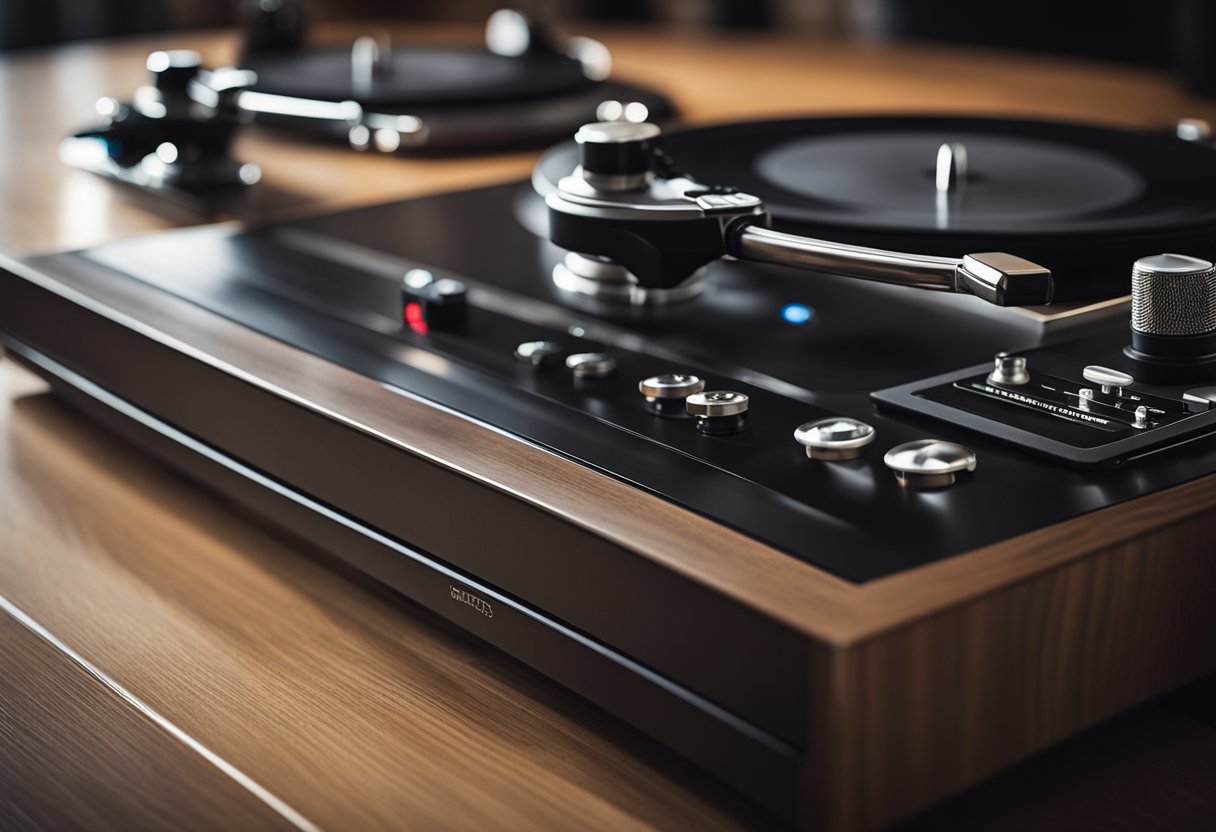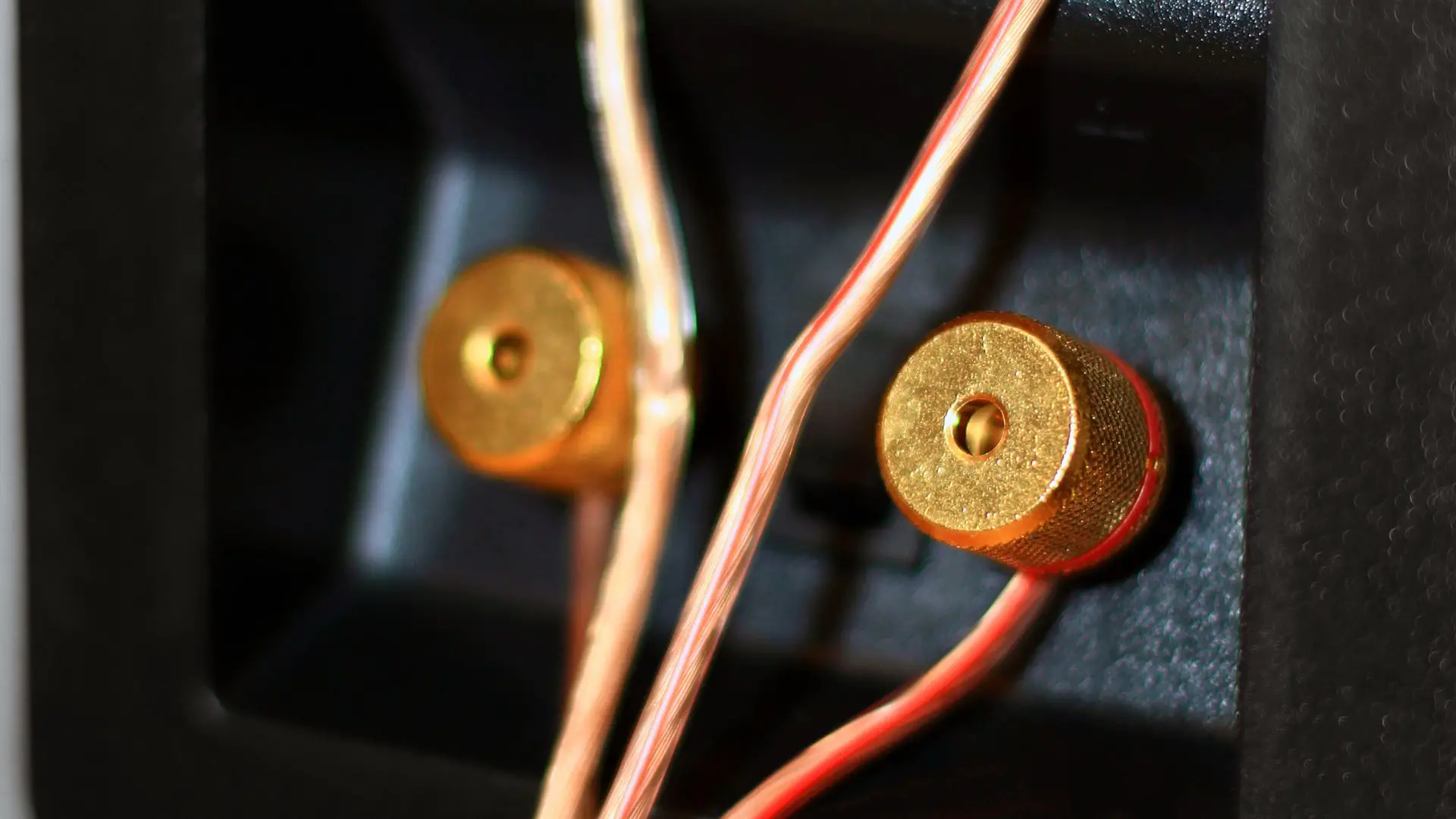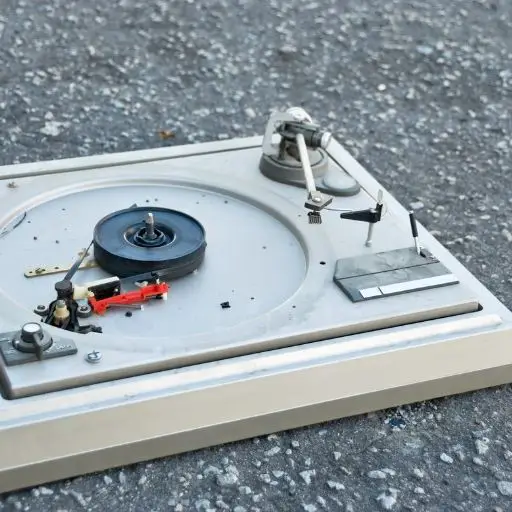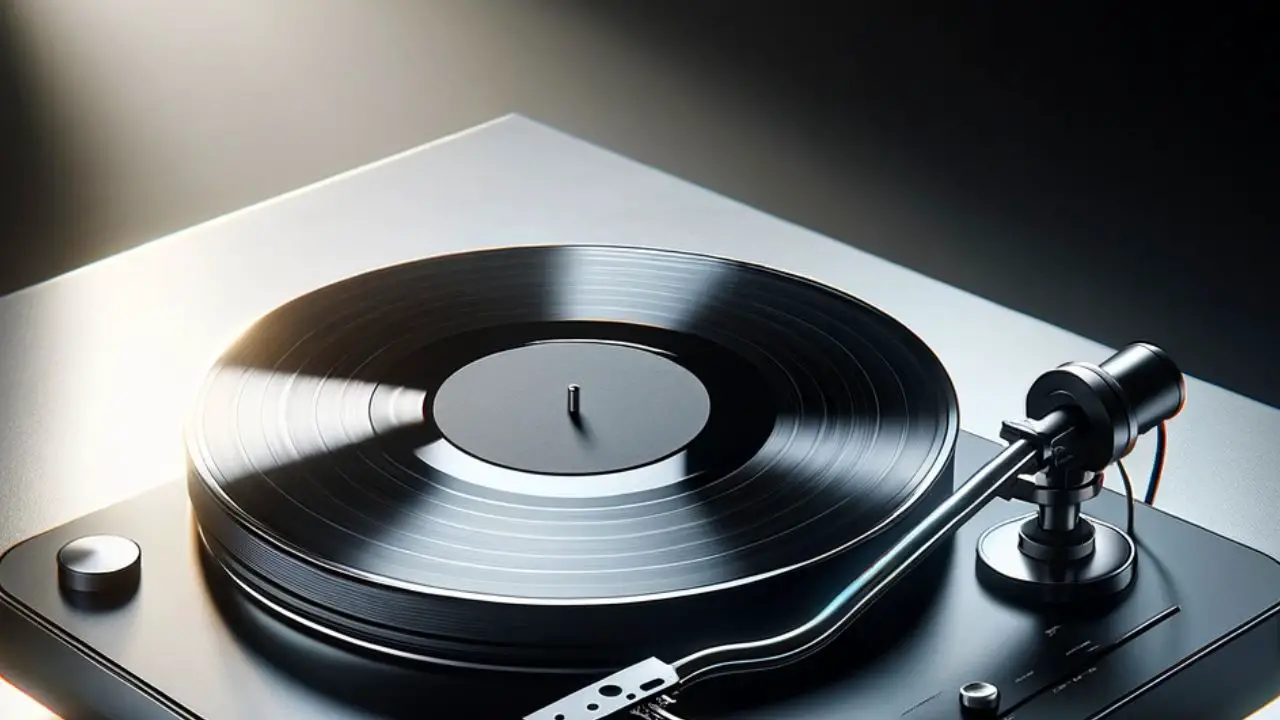Vintage turntables have been around for decades and are often sought after for their unique sound and aesthetic appeal. On the other hand, modern turntables offer a range of features and conveniences that make them a popular choice for many music enthusiasts.
When deciding between a vintage or modern turntable, it’s important to consider your personal preferences and needs. Vintage turntables are often praised for their warm, analog sound quality, which many people find more authentic and enjoyable than the digital sound produced by modern equipment. However, vintage turntables can be more difficult to maintain and repair, and they may not be compatible with all modern audio systems.
Modern turntables, on the other hand, offer a range of features and conveniences that make them a popular choice for many music enthusiasts. With built-in preamps, plug-and-play ease of use, and compatibility with a range of audio systems, modern turntables are often a more practical choice for those who prioritize sound quality and convenience. Ultimately, the decision between a vintage or modern turntable comes down to personal preference, so it’s important to do your research and choose the option that best suits your needs.
Table of Contents
Vintage Turntables
If you’re considering purchasing a turntable, you might be wondering whether to go for a vintage or modern one. Vintage turntables are those that were manufactured in the past, while modern turntables are those that are currently being made. In this section, we’ll discuss the characteristics, benefits, and drawbacks of vintage turntables to help you make an informed decision.
Characteristics of Vintage Turntables
Vintage turntables are generally considered to have been made during the 1970s and 1980s, although some may have been made earlier or later. They tend to have a classic look and feel, with features such as manual operation, adjustable tonearms, and heavy platters. They are often made of high-quality materials, such as metal and wood, and are known for their durability.

Benefits of Vintage Turntables
There are several benefits to choosing a vintage turntable. Firstly, vintage turntables can often be found for much cheaper than an equivalently featured modern turntable. This can make them an attractive option for those on a budget. Secondly, vintage turntables are often considered to have a warmer, more authentic sound than modern turntables. This is because they were made during a time when vinyl was the primary format for listening to music, and manufacturers focused on producing high-quality turntables that could extract the most from vinyl records. Finally, vintage turntables can be a great conversation starter and can add a touch of nostalgia to your home audio setup.
Drawbacks of Vintage Turntables
While vintage turntables have their benefits, they also have some drawbacks. Firstly, they may require more maintenance than a modern turntable. This is because they are older and may need new parts or repairs. Secondly, vintage turntables may not have some of the features that modern turntables have, such as USB connectivity or Bluetooth. Finally, vintage turntables may not be as reliable as modern turntables. This is because they are older and may have been used more frequently, which can lead to wear and tear.
Vintage turntables have their pros and cons. They can be a great option for those on a budget, those who want a warm and authentic sound, and those who want a unique and nostalgic addition to their home audio setup.
Modern Turntables
If you’re in the market for a new turntable, you might be wondering if a modern turntable is the right choice for you. Here are some things to consider when it comes to modern turntables.

Characteristics of Modern Turntables
Modern turntables are typically designed with the latest technology and materials, which can lead to several benefits. They often have features like USB connectivity, Bluetooth, and built-in preamps that allow you to easily connect to other devices. They also tend to be more compact and lightweight than vintage turntables, making them easier to move and store.
Benefits of Modern Turntables
One of the biggest benefits of modern turntables is their convenience. They are often easier to set up and use than vintage turntables, and they often come with features like auto-stop and auto-return that make them more user-friendly. They also tend to have better speed stability, which means they can play records more accurately.
Another benefit of modern turntables is that they are often more affordable than vintage turntables. While some high-end modern turntables can be quite expensive, there are many affordable options available that still offer great sound quality.
Drawbacks of Modern Turntables
One potential drawback of modern turntables is that they can sometimes lack the warmth and character of vintage turntables. This is because modern turntables are often designed to be more accurate and precise, which can result in a more clinical sound. Additionally, some modern turntables are made with cheaper materials, which can affect their overall sound quality and durability.
Another potential drawback of modern turntables is that they can sometimes be more difficult to upgrade or repair than vintage turntables. This is because many modern turntables are designed to be more compact and lightweight, which can make it harder to access and replace certain components.
Key Factors to Consider When Choosing a Turntable
When deciding between a vintage or modern turntable, there are several key factors you should consider. Here are some of the most important:

Sound Quality
One of the most significant differences between vintage and modern turntables is the sound quality they produce. Vintage turntables are known for their warm, rich tones and unique imperfections, which can add character to your listening experience. However, modern turntables often offer more precision and accuracy, which can result in a cleaner, more detailed sound.
Price
Another important factor to consider when choosing a turntable is price. Vintage turntables can often be found at a lower price point than modern turntables, especially if you’re willing to do some research and buy secondhand. However, keep in mind that vintage turntables may require more maintenance and repairs over time, which can add to their overall cost. Modern turntables, on the other hand, often come with more advanced features and technology, but they can also be more expensive.
Maintenance and Durability
Maintenance and durability are also important factors to consider when choosing a turntable. Vintage turntables may require more upkeep and repairs than modern turntables, especially if they are older or have been used frequently. However, some vintage turntables are known for their durability and can last for decades with proper care. Modern turntables often require less maintenance and are generally more reliable, but they may not have the same level of craftsmanship and attention to detail as vintage turntables.
Aesthetics
Finally, aesthetics can play a role in your decision between a vintage and modern turntable. Vintage turntables often have a classic, elegant design that can add a touch of nostalgia to your listening experience. Modern turntables, on the other hand, often have a sleek, minimalist look that can complement a modern decor style. Ultimately, the choice between vintage and modern turntables depends on your personal taste and the aesthetic you’re looking to achieve.
Conclusion
If you value the aesthetic appeal of vintage turntables and prefer the warmer, more organic sound of analog playback, then a vintage turntable may be the right choice for you. However, keep in mind that vintage turntables may require more maintenance and repairs, and finding replacement parts can be challenging.

On the other hand, if you prioritize convenience, durability, and modern features, then a modern turntable may be the better choice. Modern turntables typically have better speed accuracy, lower wow and flutter, and better signal-to-noise ratio. They also come with features such as Bluetooth connectivity and USB output for digitizing your vinyl collection.
Regardless of which option you choose, it’s important to invest in a high-quality turntable that meets your needs and budget. Do your research, read reviews, and consult with experts to ensure that you make an informed decision.




